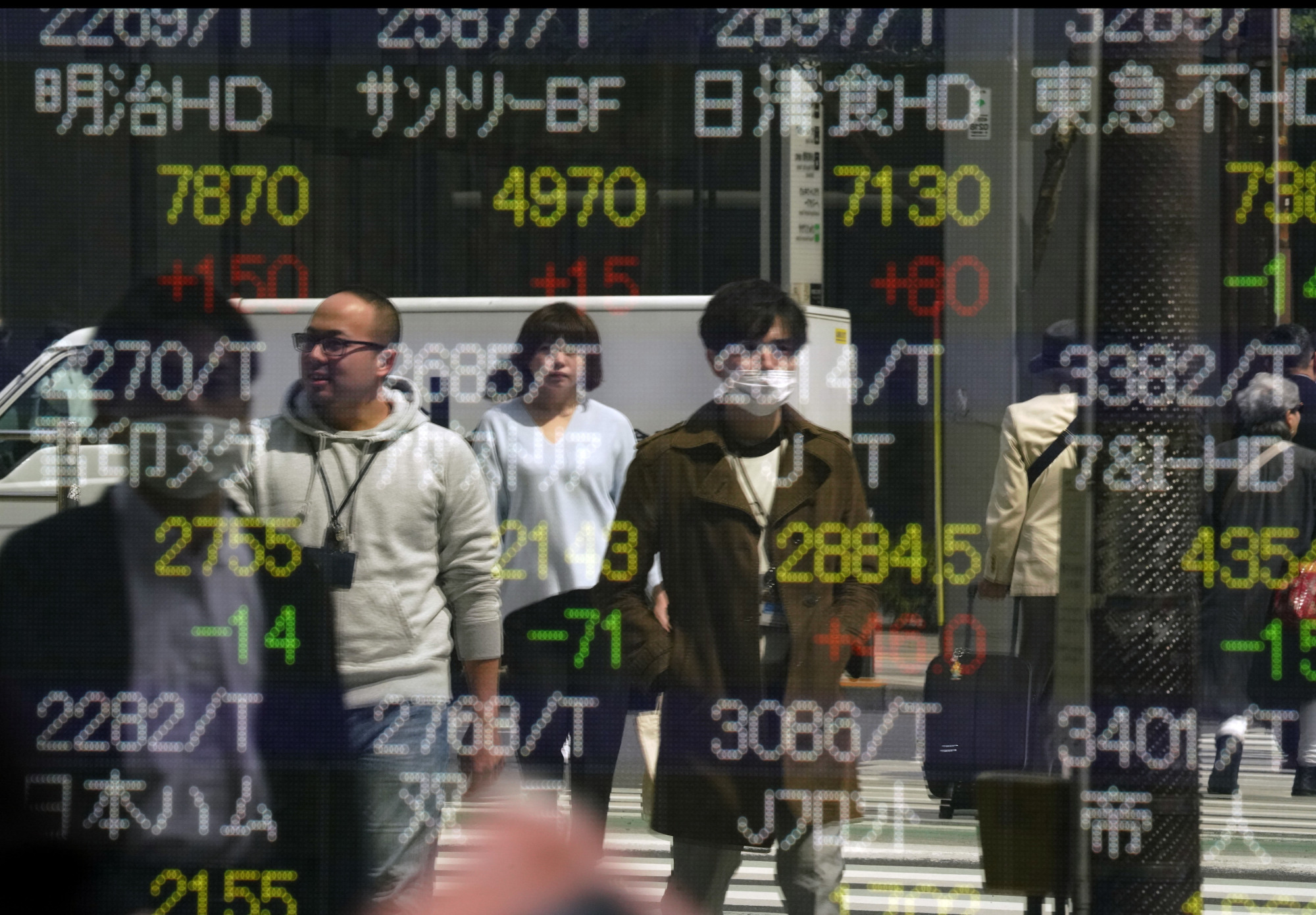Japan deserves the Nobel Prize for applied economics. I say this not because Japan's capitalism has no flaws, but because the overall outcome produced by the Japanese economic system is extremely positive. Japan manages to balance income growth and income distribution so well that, unlike many other advanced economies, Japan's society is resilient against the rise of popular nationalism a-la Donald Trump in America, Jean-Marie Le Pen in France or Xi Jinping in China.
The goal of an economy is to create and sustain a stable society. To do so, an economy must produce growth and must distribute the spoils of that growth in a fair and equitable way. So let's look at the scorecard — how wealthy are the people and how is that wealth distributed? At the end of last year, the median net financial wealth — all financial assets minus liabilities — for households in Japan stood at $96,000. In the United States, the same number was a mere $50,000. In other words, the average Japanese is de facto twice as wealthy as the average American.
What about the distribution of wealth? At the bottom end in Japan, approximately 9 percent of households own less than $10,000 worth of net financial assets. In America, that's true for 28 percent of all households. Make no mistake — Japan certainly does have an underbelly of poor, but in my view the data speaks for itself: In Japan's economy, only relatively few are truly left behind financially.


















With your current subscription plan you can comment on stories. However, before writing your first comment, please create a display name in the Profile section of your subscriber account page.